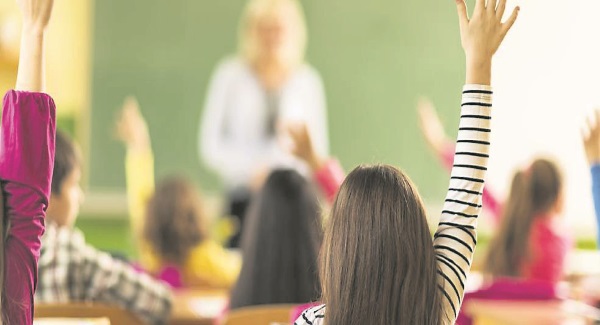Schools are delivering poor quality sex education, with some struggling to accept that young people are sexually active, experts have said.
A review of studies carried out in Ireland and nine other countries found that sex and relationships education (SRE) is often “out of touch with many young people’s lives”.
Researchers from the University of Bristol found that young people dislike having their own teachers deliver sex education, and said specialist teachers should be brought in to conduct the classes.
Writing in the journal BMJ Open, they said: “Unless we get the delivery right, young people will continue to disengage from SRE and opportunities for safeguarding young people and improving their sexual health will be reduced.”
The review was made up of 55 publications from Ireland, the UK, the USA, Australia, New Zealand, Canada, Japan, Iran, Brazil and Sweden.

Focusing on the views of young people, it found SRE often portrayed sex in a negative way and there was too much focus on abstinence.
SRE was also found to be taught by poorly trained, embarrassed teachers, while mixed-sex classes could be disrupted by young men who were trying to hide their anxieties.
Young people also criticised the overly “scientific” approach to sex, which ignored pleasure and desire, while men were portrayed as predatory, and there was little or no discussion of gay, bisexual, or transgender sex.
Many young people also felt that SRE should be taught at an earlier age, the review found.
The study, led Dr Pandora Pound, said young men feared humiliation if they weren’t sexually experienced and often behaved disruptively to mask their anxieties.
Female students, meanwhile, felt harassed and judged by their male classmates.
Young people criticised the overly scientific approach to sex, which ignored pleasure and desire, and instead presented it as a problem to be managed.
Stereotyping was also common, with women depicted as passive, men as predatory, and little or no discussion of gay, bisexual or transgender sex.
Researchers additionally found that schools seemed not to accept that some students were sexually active.
This led to sex education being out of touch with the reality of many young people’s lives, they said.
There was an emphasis on abstinence, moralising and a failure to acknowledge the full range of sexual activities students engaged in.


